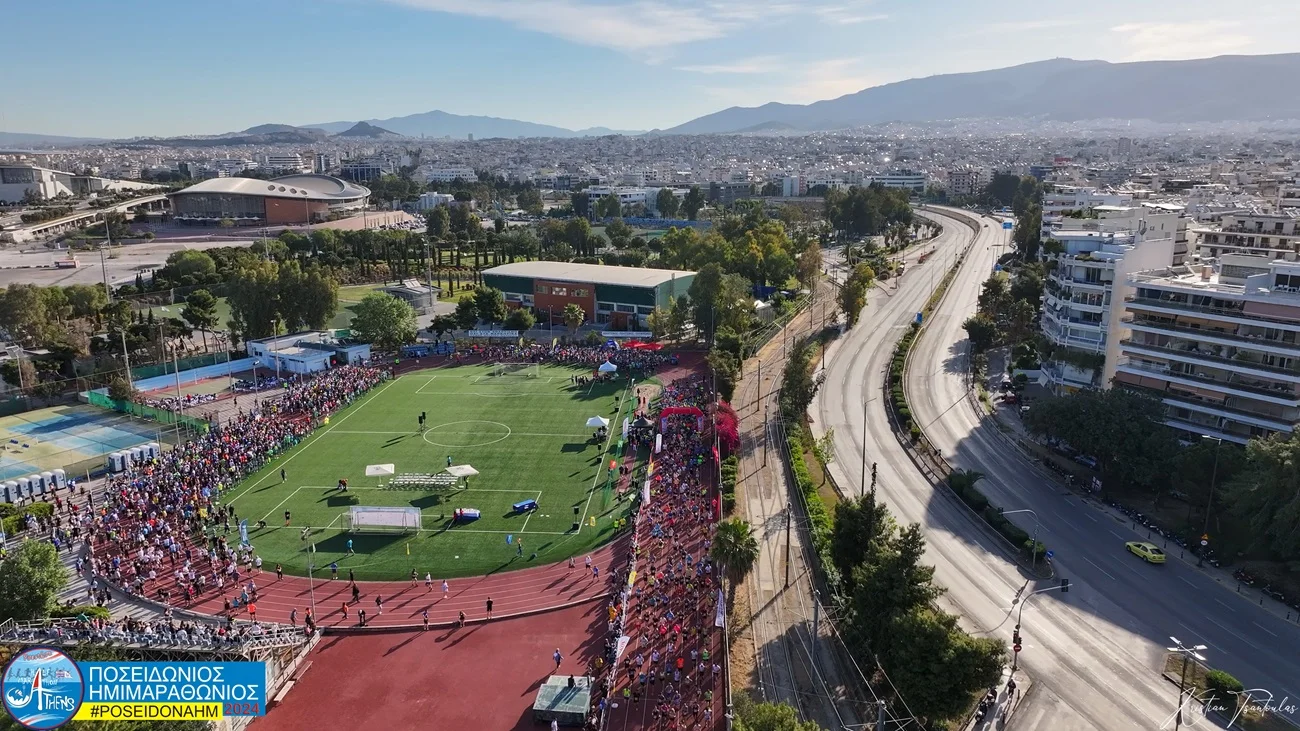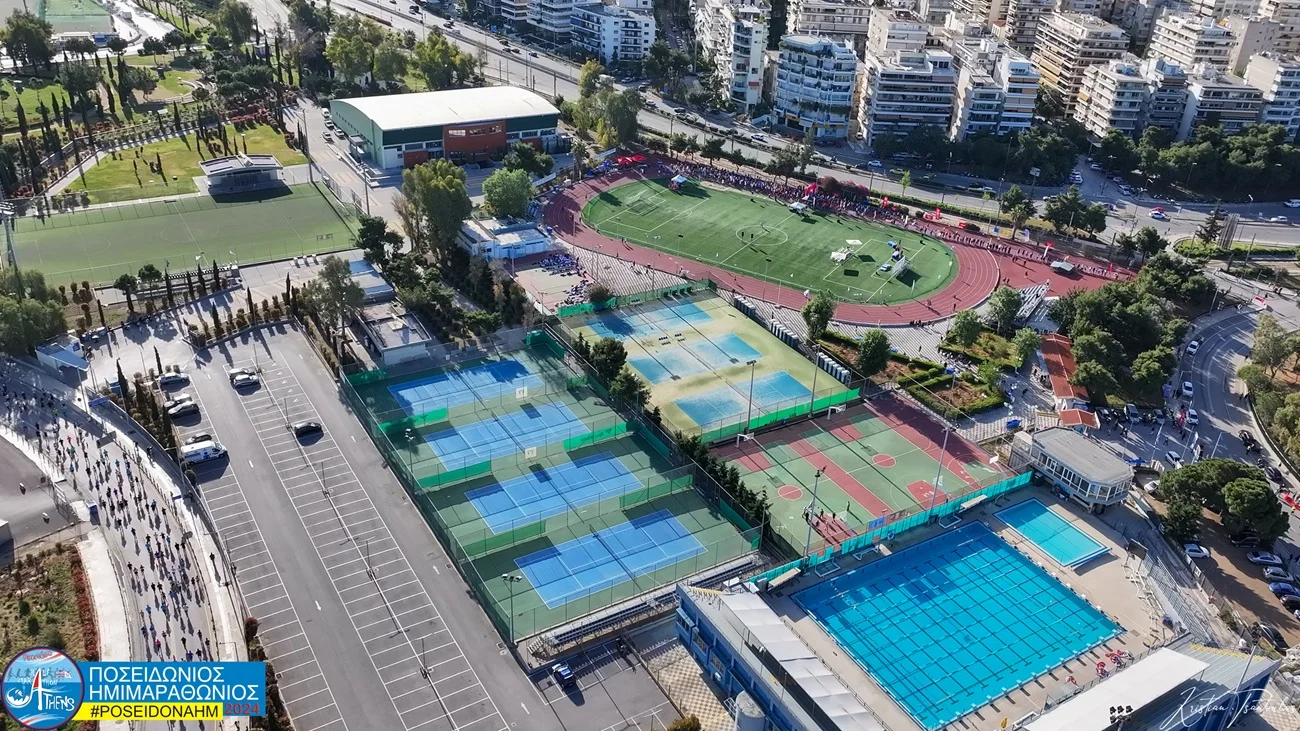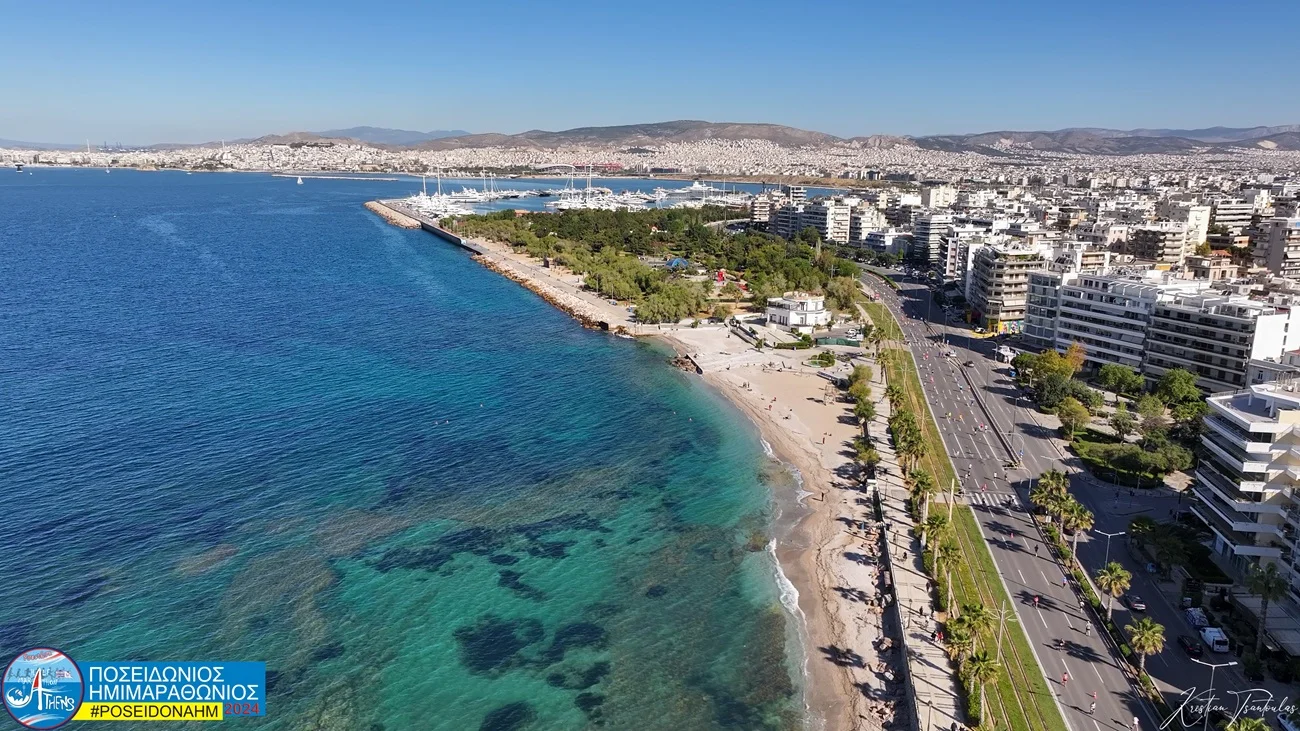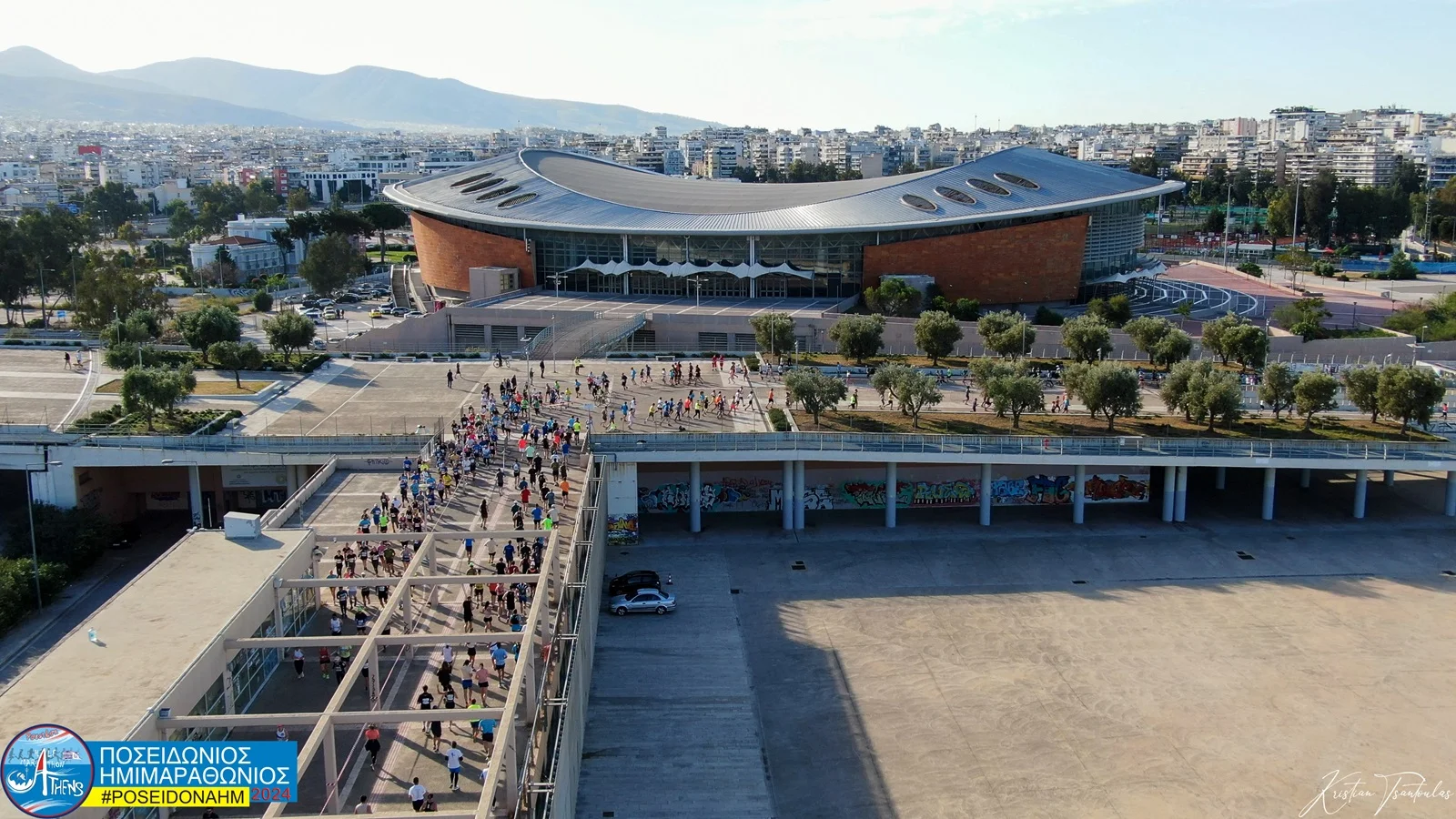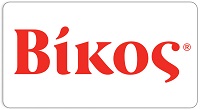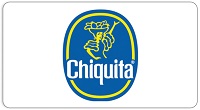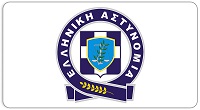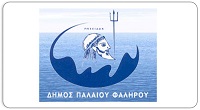Proper diet before the Poseidon Athens Half Marathon and Other Road Running Events.
Editing: Babaroutsi Irene, PhD Clinic dietician – Dietician for athletes – Head of the dietary office: “THERMIDA”
Feeding and physical exertion - Specific advice for endurance races
In all sports the energy and the athletic performance is the basis of the move control . Specifically, the athletic performance depends on the athlete’s skill to produce the right amount of energy and control its use. This is based on the requirements of each race. Every race differs on the basis of their energy requirements. In some races, like the race of 100km, the success depends on the ability to produce energy with high speed. On the contrary, regarding the marathon, energy should not be produced that fast. It should be held for a longer period of time. In other sports, e.g. archery and sailing, the athlete has to produce the energy in different paces and to control where he uses it. Therefore each sport requires different amounts of energy. The significance of food on the production and the control of the human energy is evident.
The significance of proper diet on fatigue appearance
How is proper diet and energy related to fatigue processes?
The duration of each exercise is inversely proportional to its intensity. This relation sets how proper diet affects the feeling of tiredness. For low-pace exercises, like jogging, as the main fuel, the body can use its fat reserves, when there are no carbohydrates. Due to the fact that the body has a big amount of fat reserves, the energy provision is not a problem. Nevertheless, the low levels of sugar in blood, dehydration and the excessive loss of minerals can lead to physical and mental tiredness. Regarding middle and high pace exercises, more carbohydrates are needed, resulting to fastest glycogen exhaustion. Carbohydrates are thought to be a more effective source of energy rather than fat.
When and what should we eat before working out, in order to have enough energy?
The meal that an athlete chooses to eat before his workout should not cause him gastrointestinal disorders, like stomach inflation, or acid reflux. A good choice is a meal consisting of solid ingredients (e.g. pasta, potatoes and meat) and should be eaten 3 or 4 hours before the workout. This meal should generally include complex carbohydrates, protein and low-fat products. The athlete can choose among a variety of products in order to cover his needs.
What snack should we choose to eat right before the workout?
The meal or snack we eat right before the workout, should prepare the human body for the upcoming exercise, so that it does not need more food or hasn’t yet digested it. The ideal instructions include the consumption of a low-fat and fiber meal, in order to avoid gastrointestinal disorders and the consumption of a full of complex carbohydrates snack in order to achieve steady levels of glucose during the workout. Finally, it could include a small proportion of protein, on condition that the athlete has experiment on his food preferences.
The suggested choices are:
- 1 fruit
- 1 slice of toast and 1 slice of cheese
- ½ bowl of yogurt, 6 walnuts and 1 spoon of honey
- 1 cereal bar
What should we eat after the workout in order to replace the energy we lost?
During the exercise the body uses the carbohydrates and the fat reserves. These two substances can be easily replaced through several groups of food. The consumed energy can be replaced through increased caloric intake so that the body can absorb the necessary proteins, vitamins and minerals it lost. People who workout everyday and for many hours should consume more complex carbohydrates in order to replenish the muscle glycogen that is required for daily and of high intensity workout.
How important is breakfast for athletes?
The first meal of the day, breakfast, gives an important proportion of calories, energy and other nutrients to the human body. The omission of breakfast could be compared to fast, as the human body remains with no energy for 12-14 hours and is unable to complete any kind of workout. A balanced breakfast, consisting of complex carbohydrates, fibers and a small quantity of protein will not need any other energy until noon.
For morning races the best and most popular choices are:
- 1 cup of tea with 2 slices of bread or 2 slices of toast with a piece of turkey or cheese
- 1 bar for athletes and a glass of an energy drink
- 1 small piece of bread with raisins or a piece of cake
The above choices will increase the proportion of glucose in blood and will attribute to durability and wellness of the human body after a morning awaking. If you wish you can have a small snack before sleeping at night instead.
What is the proper advice regarding the frequency of meals for energy provision?
Consuming small and frequent meals will lead to a steady energy provision during the day and to a better absorption of nutrients. Furthermore, the frequent intake of balanced meals, prevent the exhaustion of the energy during the workout and contribute to their replacement. We should also highlight the importance of the consumption of water during the day, for the proper moisturizing of our body, even in winter. In winter, the dehydration of the body may not be common in athletes but it can be observed in cold and dry environments.
Which are the basic nutrient compositions?
Carbohydrates (unit of measurement (g/kg)):
7-12kg for a workout of medium intensity – beginners (a 7kg athlete needs 500-900g/day)For example 1 slice of bread, 30gr of cereal or raw pasta, 20gr of raw rice and 100gr of fruits consist of 15gr of carbohydrates.
Proteins (unit of measurement (g/kg)):
1,4 – 1,6g/kg (a 75kg athlete needs 105-21g/day)
It is better to choose a low-fat meal like beef, chicken, turkey or fish. Also low-fat dairy food (2-4% of fat) and yogurt is recommended. As for dietary sources, a good choice is soya, quinoa and a mix of grains and legumes.
Fat (unit of measurement (g/kg)):
0,8-1,5g/gk (a 75kg athlete needs 60-115g/day)
Proper sources of fat: olives, olive oil, nuts, peanut butter, avocado, salmon, linseed.
Liquids:
Before the race:
500-700ml of liquids 2h before the race (energy drinks are recommended) and the half of them should be consumed 10-20min right before the race.
During the race:
- Consume 30-60gr of carbohydrates (120-250 kcal) per hour.
- Drink 200-300ml of liquids that contain protein every 15-20min.
After the race:
Consume 600ml of energy drink o\for every 500gr of weight you lost.
Water or energy drinks or jell?
For workouts that last at least 1 hour the consumption of water is proposed.
For workouts that last more than 1 hour, the consumption of liquids with sodium and calcium and jell with carbohydrates are proposed.
Snacks: Bread and grains are important for an athlete’s diet.
Snacks that are consumed before the race (3-4 hours) prevent the sense of hunger during the race and provide the athlete with enough energy for the first hours.
Snacks that are consumed after the race aim to replace the loss of the muscle glycogen (consumption 2h after the race)-(best choices 1 banana, 1 bowl of yogurt 2% of fat and 1 slice of bread)
We should not ignore the replenishment of nutrients and we should eat the main meal near the end of the race, including all groups of food (meat, vegetables, grains, bread, olive oil and 1 fruit as desert or 1 piece of dark chocolate)
This is a proposal of a healthy diet for athletes in order not to be ready and restful for their next workout.
Editing: Babaroutsi Irene, PhD Clinic dietician – Dietician for athletes – Head of the dietary office: “THERMIDA”
 English
English  Ελληνικά
Ελληνικά 
